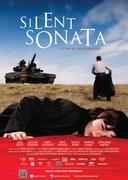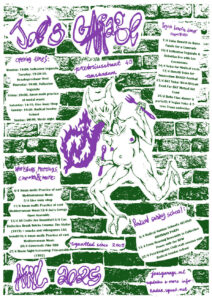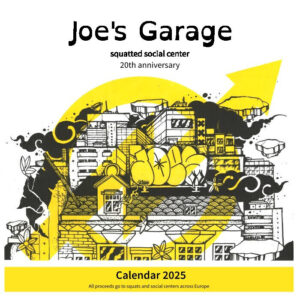 Monday November 11th 2019, special screening: The Fig House (documentary from Pitzi Kampouroglou, 2019), 102 minutes, in English with English subtitles. Doors open at 19:00 with food. Film starts at 21:00. Fee entrance, donations welcome.
Monday November 11th 2019, special screening: The Fig House (documentary from Pitzi Kampouroglou, 2019), 102 minutes, in English with English subtitles. Doors open at 19:00 with food. Film starts at 21:00. Fee entrance, donations welcome.
The independent collective Amanita Films presents their new documentary The Fig House. The filmmakers will be present for questions and a discussion before and after the film screening. The film tells in twelve chapters the misadventures of ten friends and a cat, living for seven months in a squat in Greece. Activists and refugees all together, they come across the everyday troubles of living on the edge of society, while trying to reach Germany through the refugee’s Balkan Route.
Amanita Films is a project born from the making of the documentary The Fig House, a self-produced work by the same protagonists of the film. Amanita Films does not respect the rules of the film industry, believing that they are just instruments to preserve the privileges of those who have all the interests to prevent the free circulation and creation of art-works. We therefore do not recognize the copy rights of commercial exploitation neither our own neither others’ art’s works. We believe in a cooperative form of film production and in the creation of an alternative distribution network to the official one.
The idea of getting in a car and taking the film a tour around Europe, was born precisely from this need to get out of invisibility, to build a network of contacts that could become the basis for the diffusion and self-financing of independent audio-visual works.
The Fig House had its premiere at the Thessaloniki Documentary Festival, registered with false names and fake documents, winning the young jury special prize. Despite this small success, however, no distributor has declared to be interested in distributing a work that cannot be commercially exploited since it does not comply with and is registered to any copyrights.
We are now only a month away from going to Athens to start filming our next documentary: Love in Time of Crisis. We decided to go there by car, a one-month road trip to close a circle with our previous work and at the same time to open a new one.
We will depart from Zurich to arrive to Greece via Germany, Holland and Italy and we will stop in every city where there will be an squat, a cultural center, an private association, willing to support our project by hosting a screening of our previous documentary: The Fig House.
The purpose of the tour is also to be able to finance part of the expenses for the filming of Love in Time of Crisis through the support of our same spectators. The screenings will always be open to everyone and free; at the exit there will be a donation box where, whoever wants to, can leave a concrete support.
We want to share the experience of The Fig House with the largest number of people. The donation is not at all a discriminating factor in this sense, but only a possibility for the spectator, after having seen the film, in case it is liked, of being able to help Amanita Films to continue to produce cinema in a free and independent way.
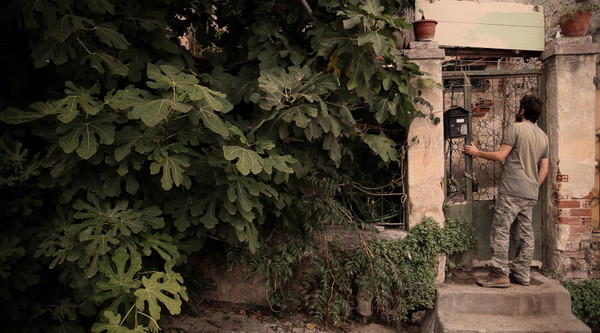 Topics: The small mishaps of everyday life in the squatted house are the reason to raise some questions about immigration and solidarity, in particular on some issues that are not discussed very often. The film questions the vicious circle “illegality – poverty – prison”, as well as the topic of the “invisible wounds” – the psychological traumas connected to the migrant status. The documentary is essentially a story of friendship and solidarity, instability and despair. An opportunity to ask ourselves what kind of Europe we are building and if there is space for a better common future.
Topics: The small mishaps of everyday life in the squatted house are the reason to raise some questions about immigration and solidarity, in particular on some issues that are not discussed very often. The film questions the vicious circle “illegality – poverty – prison”, as well as the topic of the “invisible wounds” – the psychological traumas connected to the migrant status. The documentary is essentially a story of friendship and solidarity, instability and despair. An opportunity to ask ourselves what kind of Europe we are building and if there is space for a better common future.
Synopsis
A group of friends, activists and migrants, decide to organize an escape plan through the Balkans, in order to reach illegally Germany from Greece. To accomplish their plans, they decide to divide the tasks, and while some are dedicated to find a suitable means of transport for the group, others are looking for an abandoned ruin to turn it into their home. When things seem to be going well, they have to face small unforeseen events that inevitably delay the completion of the plan: the cat of the house breaks his leg, a friend is arrested and one of the boys decides not to leave anymore. These continuous blows of misfortune end up weakening the psychological resilience of Ilias, one of the boys, who begins not to withstand the psychological pressure anymore, what is complicating the situation and putting the plan at risk.
For more infos: amanitafilms [at] protonmail [dot] com
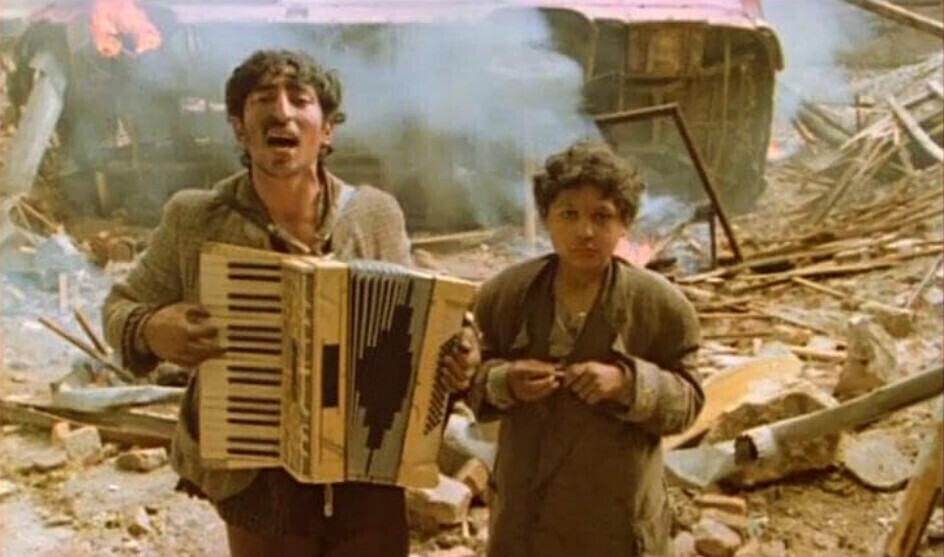 This is as close to a perfect movie as you’re ever going to see. Ko to tamo peva has it all – historical significance, a great story that keeps you on the move from one event to the next, fabulous social commentary, a string of bittersweet comic moments, and to top it off, a fiery Balkan soundtrack. What more could you possibly want?
This is as close to a perfect movie as you’re ever going to see. Ko to tamo peva has it all – historical significance, a great story that keeps you on the move from one event to the next, fabulous social commentary, a string of bittersweet comic moments, and to top it off, a fiery Balkan soundtrack. What more could you possibly want?



